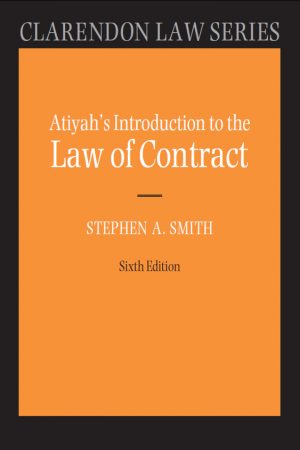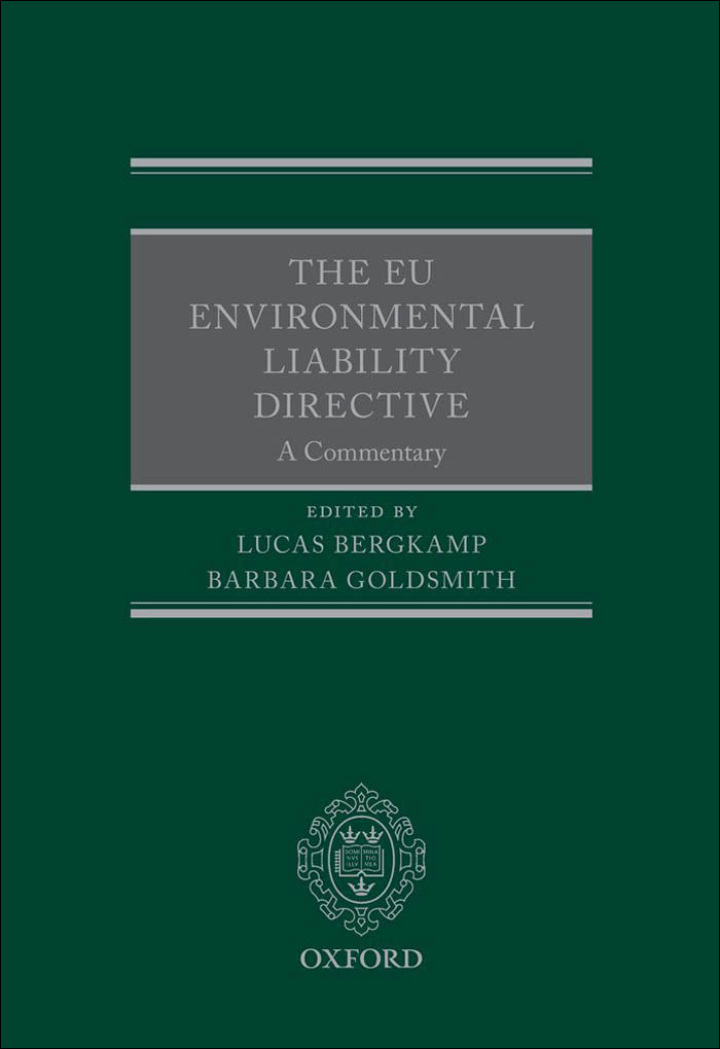The EU Environmental Liability Directive 1st Edition A Commentary
$107.25
Attention: This is just ebook, Access Codes or any other Supplements excluded! / File Delivery: Sent Via Email within 24 hours!
SKU: 12dfd3e87d99
Category: Law Textbooks
Description
-
Author(s)Lucas Bergkamp; Barbara Goldsmith
-
PublisherOUP Oxford
-
FormatPDF
-
Print ISBN
9780199670017, 0199670013 -
eText ISBN
9780199670017, 0199670013 -
Edition1st
-
Copyright
- Details
Similar to the United States (US) Natural Resource Damage (NRD) program, defined under the Comprehensive Environmental Response, Compensation, and Liability Act (CERCLA or “Superfund”) and the Oil Pollution Act (OPA), the European Union’s (EU) Environmental Liability Directive (ELD)imposes liability for, and requires remediation of, significant damage to natural habitats and species protected at Community and national levels, surface and ground waters covered by the Water Framework Directive, and land.The ELD was first published in 2004 and has since been transposed into the national laws of all EU Member States. However there is little guidance available to authorities and industry in interpreting and applying the ELD and meeting its prevention and restoration objectives. This volume is the first to describe the EU’s ELD and to examine the emerging issues and practices in its application. While there are differences between the US and EU regimes, some of the underlying concepts, approaches and definitions embedded in NRD are also mirrored in the text of the ELD. The book includes a comparison of similarities and differences as well as synergies in practice; hence, this book will be of interest to both US and European readers. The ELD imposes liability for significant damage to natural habitats and species protected at Community and national levels, surface and ground waters covered by the Water Framework Directive, and land. Prior to the ELD’s adoption many Member States had programs in place for the restoration of soil and groundwater contamination, but none had a regime for addressing harm to unowned natural resources. This volume presents a comprehensive legal commentary on the legal issues arising under the ELD, as well as an overview of administrative, technical, and legal issues and practices in applying the ELD regimes to cases of actual or threatened environmental damage. In doing so, it discusses both substantive issues and important procedural and process-related issues. Several case studies are presented to illustrate the issues and practical solutions. In addition, emerging best practices relating to practical ELD application are identified and presented. Identifying and discussing a wide range of emerging administrative, technical, and economic practice issues arising under member state legislation transposing and implementing the ELD, this book will be a valuable resource for all those whose work is affected by the ELD.
Related products
-

A Theory of Global Governance Authority, Legitimacy, and Contestation
Rated 0 out of 5$12.35 Add to cart -

Commercial Arbitration in Sweden 3rd Edition
Rated 0 out of 5$146.25 Add to cart -

Atiyah’s Introduction to the Law of Contract 6th Edition
Rated 0 out of 5$30.88 Add to cart -

Antimonopoly and American Democracy 1st Edition
Rated 0 out of 5$7.80 Add to cart

